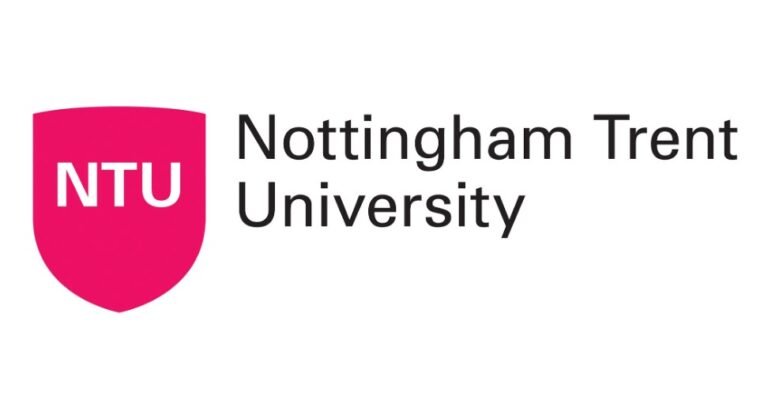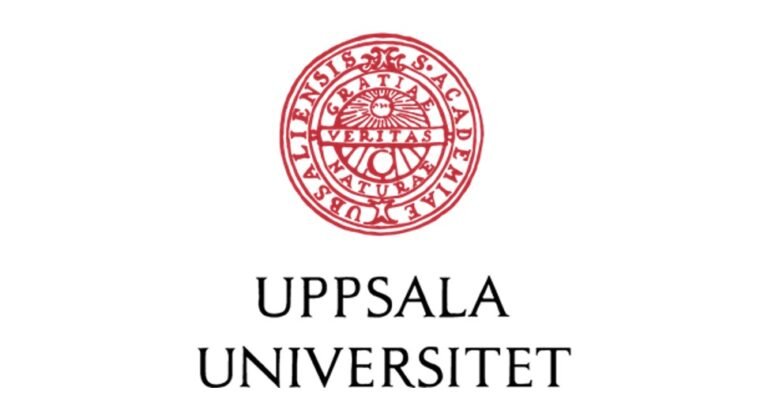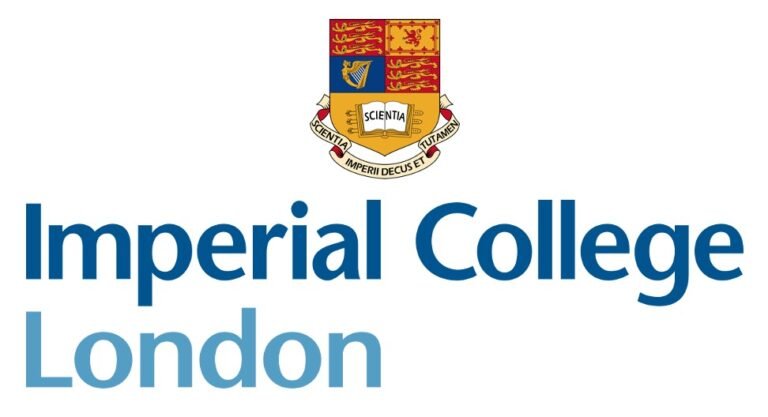Overview
Project ID: DTC_9
Theme: Digital, Technology, and Creative
Digital technologies are coming of age for the electric guitar. The gold-standards for sound quality, set in the 1950s-60s, were until recently un-replicable. Now there exists faithful digital simulations of classic guitar amplifiers, without the unsustainable valve circuitry.
This project will provide the groundwork for a similar digital revolution in the guitar itself: the “pickup” – which transduces the vibrations of strings to electricity and dominates the sound of the guitar more than anything other than the strings. Like amplifiers, classic sounds originate from 1950s designs which boutique manufacturers copy. How the parameters of manufacture determine the pickup’s electrical properties, sound, and which aspects of that sound are important to the human ear, are poorly understood.
This project will investigate how design parameters affect the electrical properties, the sound, and people’s perception of the sound. This is made possible via collaboration across NTU Engineering, Psychology, Confetti Institute of Creative Technologies, and one of the UK’s leading boutique pickup manufacturers. This will facilitate the creation of digital tools that can simulate different pickups and enable any guitar to sound like any other, making desirable tones more accessible to musicians. It will also inform the industry about how design choices affect the sound, and which differences people can perceive, so it should improve manufacturing of real pick-ups. Thus, it will move forward both digital and analogue guitar technology.
This project would suit a talented graduate in engineering or similarly numerate discipline. You should be comfortable with frequency-domain analysis methods, and programming platforms such as Matlab or Python. A musical background is definitely a plus, and you should be interested in learning how to use quantitative psychological methods to measure how people perceive sounds. You will receive robust and advanced training in all these disciplines, as well as training in how to make guitar pick-ups to exacting standards. Throughout your studies you will be interacting with scientists, engineers and industry experts, and be expected to work independently, and clearly communicate your findings to all these groups.
For an informal discussion please contact Dr Rebecca Margetts (rebecca.margetts@ntu.ac.uk).
Supervisory team
Entry qualifications
Please see our applications page for guidance and eligibility criteria.
How to apply
The NTU Doctoral School continues to build an inclusive culture that encourages, supports and celebrates the diverse voices and experiences of our researchers. We welcome the unique contributions that you can bring and we encourage people from underrepresented communities and backgrounds to apply for a studentship.
Fees and funding
This is a fully funded PhD studentship opportunity, open for both UK and International applicants.
Guidance and support
Find out more about Nottingham Trent University’s fully funded PhD studentships.
Find out about guidance and support for PhD students.





